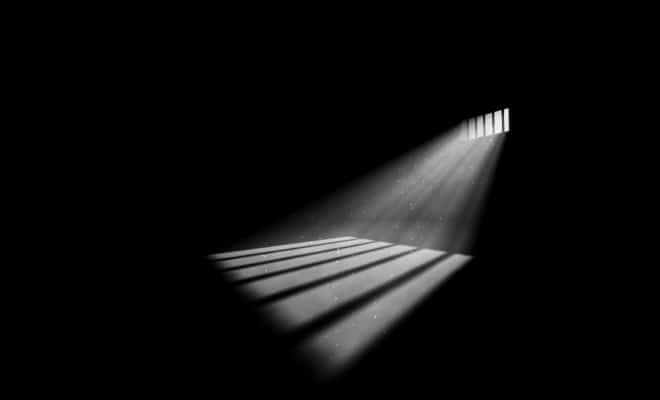Crime
British Court Reopens Extradition Process of Indian Bookie

Picture Courtesy: Bigstock
Sanjeev Chawla is one of the masterminds of the sensational cricket match-fixing scandal involving late South African captain Hansie Cronje
In a significant boost to India, a high court in the UK has accepted India’s statement and reopened the process of extradition of an Indian bookie holed in the country.
Sanjeev Chawla, one of the masterminds behind the sensational cricket match-fixing scandal involving late South African captain Hansie Cronje, had previously won a case against his extradition to India in Westminster Magistrates’ Court in London.
The judges at Westminster Magistrates’ Court discharged the case over extreme conditions in Delhi’s Tihar Jail, where Chawla would have been kept after being extradited. He claimed that Tihar jail had inhuman conditions and keeping him there would be a violation of his rights. On the expert evidence of Dr. Alan Mitchell, a licensed medical practitioner and a former medical officer at a Scottish prison, Chawla’s extradition was rejected on Oct. 16.
Earlier this year, India had submitted its sovereign assurance for the third time to a UK court over the condition of jails in the country in Chawla’s case. The high court had sought information regarding toilet and other facilities that would be available to Chawla at Tihar Jail in New Delhi if he is extradited to India.
The UK court, fearing that Chawla would be subject to breach of his human rights in the jail, had sought information regarding the personal space that would be provided to him, whether he would be made to use a shared toilet, the risk to him from violence from other inmates, and the medical facilities he would be entitled to, Hindustan Times reported.
In June, the Indian government reassured the high court, stating it would comply with “safety and security,” along with the “personal space and hygiene requirements” that the court is seeking for Chawla.
Convinced with India’s answer, on Nov. 16, the high court overruled the lower court’s decision and ordered to reopen the case stating, “In these circumstances, having regard to all of the information available to this court about Tihar prisons, the terms of the third assurance (which was not before the district judge) are sufficient to show that there will be no real risk that Chawla will be subjected to impermissible treatment in Tihar prisons,” PTI reported.
“The effect of the successful appeal is that the order of the district judge to discharge Chawla has been quashed, with the case being remitted back to the district judge to proceed as she should have done,” a statement of Crown Prosecution Service (CPS) quoted the Indian government in the case, the news agency cited.
Earlier, in the 2017 judgement, judge Rebecca Crane of the Westminster Court said in her statement, “(There are) strong grounds for believing that the RP (Requested Person: Chawla) would be subjected to torture or inhuman or degrading treatment or punishment in the Tihar prison complex, due to the overcrowding, lack of medical provision, risk of being subjected to torture and violence either from other inmates or prison staff which is endemic in Tihar,” Judge Rebecca Crane noted in her judgment.
The restart of the extradition crucial for the Indian government, a month prior to another major extradition case of Vijay Mallya, who is also in the UK.

You must be logged in to post a comment Login